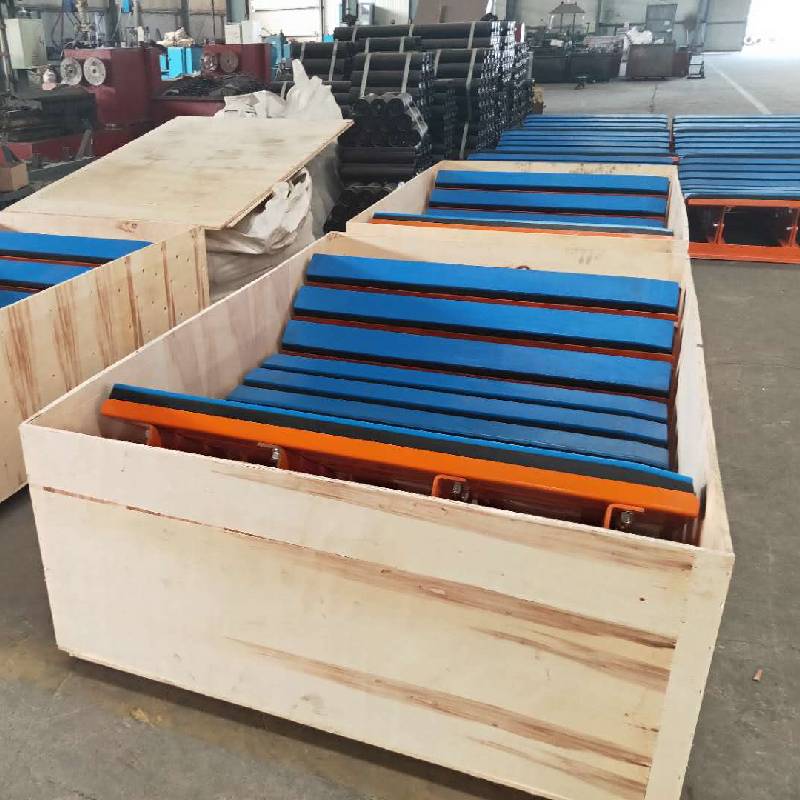 Afrikaans
Afrikaans  Albanian
Albanian  Amharic
Amharic  Arabic
Arabic  Armenian
Armenian  Azerbaijani
Azerbaijani  Basque
Basque  Belarusian
Belarusian  Bengali
Bengali  Bosnian
Bosnian  Bulgarian
Bulgarian  Catalan
Catalan  Cebuano
Cebuano  Corsican
Corsican  Croatian
Croatian  Czech
Czech  Danish
Danish  Dutch
Dutch  English
English  Esperanto
Esperanto  Estonian
Estonian  Finnish
Finnish  French
French  Frisian
Frisian  Galician
Galician  Georgian
Georgian  German
German  Greek
Greek  Gujarati
Gujarati  Haitian Creole
Haitian Creole  hausa
hausa  hawaiian
hawaiian  Hebrew
Hebrew  Hindi
Hindi  Miao
Miao  Hungarian
Hungarian  Icelandic
Icelandic  igbo
igbo  Indonesian
Indonesian  irish
irish  Italian
Italian  Japanese
Japanese  Javanese
Javanese  Kannada
Kannada  kazakh
kazakh  Khmer
Khmer  Rwandese
Rwandese  Korean
Korean  Kurdish
Kurdish  Kyrgyz
Kyrgyz  Lao
Lao  Latin
Latin  Latvian
Latvian  Lithuanian
Lithuanian  Luxembourgish
Luxembourgish  Macedonian
Macedonian  Malgashi
Malgashi  Malay
Malay  Malayalam
Malayalam  Maltese
Maltese  Maori
Maori  Marathi
Marathi  Mongolian
Mongolian  Myanmar
Myanmar  Nepali
Nepali  Norwegian
Norwegian  Norwegian
Norwegian  Occitan
Occitan  Pashto
Pashto  Persian
Persian  Polish
Polish  Portuguese
Portuguese  Punjabi
Punjabi  Romanian
Romanian  Russian
Russian  Samoan
Samoan  Scottish Gaelic
Scottish Gaelic  Serbian
Serbian  Sesotho
Sesotho  Shona
Shona  Sindhi
Sindhi  Sinhala
Sinhala  Slovak
Slovak  Slovenian
Slovenian  Somali
Somali  Spanish
Spanish  Sundanese
Sundanese  Swahili
Swahili  Swedish
Swedish  Tagalog
Tagalog  Tajik
Tajik  Tamil
Tamil  Tatar
Tatar  Telugu
Telugu  Thai
Thai  Turkish
Turkish  Turkmen
Turkmen  Ukrainian
Ukrainian  Urdu
Urdu  Uighur
Uighur  Uzbek
Uzbek  Vietnamese
Vietnamese  Welsh
Welsh  Bantu
Bantu  Yiddish
Yiddish  Yoruba
Yoruba  Zulu
Zulu polyethylene roller
The Versatile World of Polyethylene Rollers Applications, Benefits, and Future Trends
Polyethylene rollers have emerged as an essential component in various industrial applications, thanks to their unique properties and versatility. These rollers are primarily made from high-density polyethylene (HDPE), a type of polymer known for its strength, durability, and resistance to environmental factors. This article explores the various applications of polyethylene rollers, their benefits, and the future trends shaping their use in different industries.
Applications of Polyethylene Rollers
Polyethylene rollers are commonly used in numerous sectors, including manufacturing, material handling, agriculture, and construction. One of their most notable applications is in conveyor systems. HDPE rollers facilitate the smooth movement of materials, reducing friction and wear on the conveyor belts, which enhances operational efficiency. In industries where the transportation of heavy goods is frequent, such as mining and warehousing, polyethylene rollers are invaluable for ensuring a continuous and reliable material flow.
In agriculture, polyethylene rollers are used in irrigation systems and for managing equipment like seeders and harvesters. Their resistance to moisture and chemicals makes them ideal for environments where exposure to harsh substances is inevitable. Additionally, they are lightweight, facilitating ease of transport and installation, which is a significant advantage in the often vast and varied landscapes of agricultural fields.
The construction industry also benefits from polyethylene rollers. They are utilized in scaffolding, cranes, and heavy machinery to improve mobility and efficiency. The lightweight nature of polyethylene reduces the overall weight of equipment, making handling and transportation much easier without compromising strength.
Benefits of Polyethylene Rollers
One of the primary benefits of polyethylene rollers is their durability
. Unlike metal rollers, which can corrode or rust over time, HDPE rollers are resistant to moisture, chemicals, UV radiation, and other environmental factors. This longevity can lead to cost savings in maintenance and replacements in the long run.Moreover, polyethylene rollers are designed to absorb shock and vibrations, which protects sensitive materials during transportation. This characteristic is especially important in industries dealing with fragile items, as it prevents damage and ensures the integrity of the products being moved.
polyethylene roller

Another significant advantage is their ease of customization. Polyethylene rollers can be manufactured in various sizes, shapes, and colors to meet specific industry requirements. This adaptability allows manufacturers to create solutions tailored to the unique challenges of their operational environments.
Furthermore, the use of polyethylene contributes to sustainability. As a recyclable material, polyethylene can be reused and repurposed, reducing waste and the environmental impact associated with traditional roller materials. This aspect is becoming increasingly important as industries aim to adopt greener practices.
Future Trends
Looking ahead, the role of polyethylene rollers is poised to expand as new technologies and materials emerge. Innovations in polymer chemistry may lead to the development of even more advanced polyethylene materials that offer improved performance characteristics, such as enhanced heat resistance or greater load-bearing capacity.
Additionally, the integration of digital technologies, such as IoT (Internet of Things) sensors, into industrial applications could revolutionize how polyethylene rollers are monitored and managed. Smart rollers equipped with sensors can provide real-time data on wear and performance, allowing for predictive maintenance strategies that enhance efficiency and reduce downtime.
The demand for sustainability will also drive the evolution of polyethylene rollers. As industries continue to prioritize eco-friendliness, manufacturers are likely to focus on sourcing biodegradable or sustainably produced polyethylene alternatives, further aligning with global environmental goals.
Conclusion
In summary, polyethylene rollers play a crucial role in a wide array of industries, offering numerous benefits, including durability, shock absorption, customization, and sustainability. As technology advances and the need for eco-friendly solutions grows, these rollers are set to become even more integral to modern manufacturing and operational practices. The future of polyethylene rollers promises exciting developments that will enhance their functionality while contributing positively to the environment.
-
Revolutionizing Conveyor Reliability with Advanced Rubber Lagging PulleysNewsJul.22,2025
-
Powering Precision and Durability with Expert Manufacturers of Conveyor ComponentsNewsJul.22,2025
-
Optimizing Conveyor Systems with Advanced Conveyor AccessoriesNewsJul.22,2025
-
Maximize Conveyor Efficiency with Quality Conveyor Idler PulleysNewsJul.22,2025
-
Future-Proof Your Conveyor System with High-Performance Polyurethane RollerNewsJul.22,2025
-
Driving Efficiency Forward with Quality Idlers and RollersNewsJul.22,2025





























